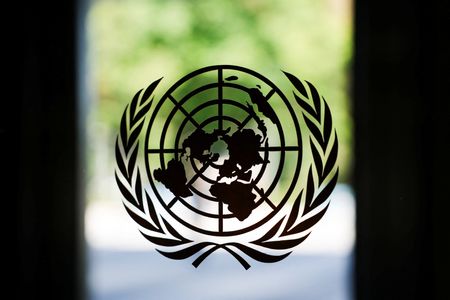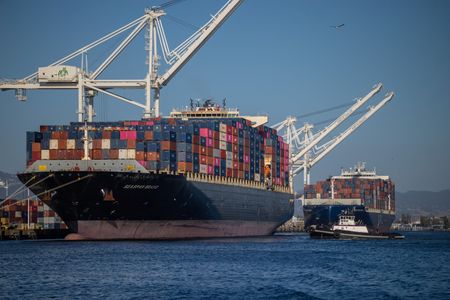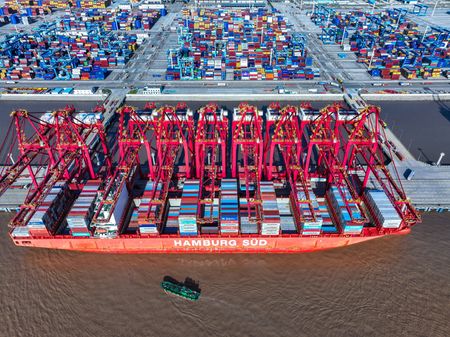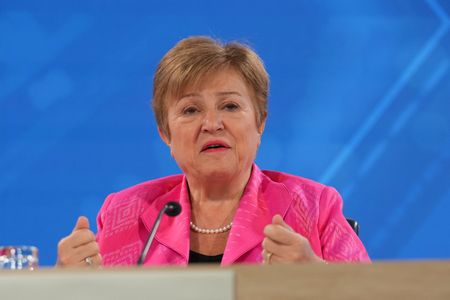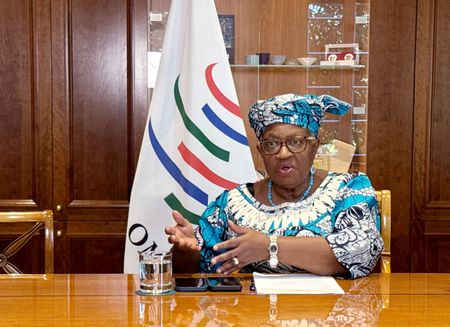By Enes Tunagur and Jonathan Saul
LONDON -A majority of countries at the U.N. shipping agency voted on Friday to postpone by a year a decision on a global carbon price on international shipping, after failing to reach consensus on the emissions reduction measure amid U.S. pressure.
The delay is a blow to the European Union and other countries including Brazil which have been pushing for the shipping industry to go greener and set out a price mechanism for decarbonisation.
Washington and Riyadh, the world’s two largest oil producers, have strongly opposed a carbon price on shipping during talks in London at the International Maritime Organization (IMO).
After days of disagreements, Saudi Arabia tabled a motion on Friday to defer discussions for one year, which was passed by a simple majority of 57 countries with 49 opposed who sought to continue with a deal.
Countries such as China, Greece, Cyprus, Japan and South Korea had supported a carbon price in April. China on Friday voted in favour of delaying the decision, while the others abstained.
It is not clear when a carbon price would enter into force even if a consensus can be found next year, as the IMO had envisaged ships would only pay for emissions from 2028.
U.S. President Donald Trump called on IMO member states on Thursday to vote no, saying on his Truth Social platform that Washington would “not stand for this global green new scam tax on shipping and will not adhere to it in any way, shape or form”.
The Trump administration is looking to take a bigger role in global shipping, and has previously used tariffs as a weapon to extract better terms from Washington’s trade partners
SHIPPING INDUSTRY REACTION
The maritime sector had been expecting a regulatory framework to de-risk and unlock investment in alternative fuels and modern ships.
Danish shipping company Maersk said the IMO’s decision was a loss of momentum for the industry’s efforts to decarbonise, adding that it will wait to see how the organisation intends to continue the work on the framework.
“The delay leaves the shipping sector drifting in uncertainty,” said Faig Abbasov, director of shipping with environmental group Transport & Environment.
The IMO, which comprises 176 member countries, is responsible for regulating the safety and security of international shipping and preventing pollution.
Global shipping accounts for nearly 3% of the world’s CO2 emissions. About 90% of the world’s trade is conducted by sea, and emissions are set to soar without an agreed mechanism.
(Reporting by Enes Tunagur and Jonathan Saul; Editing by Peter Graff and Emelia Sithole-Matarise)

